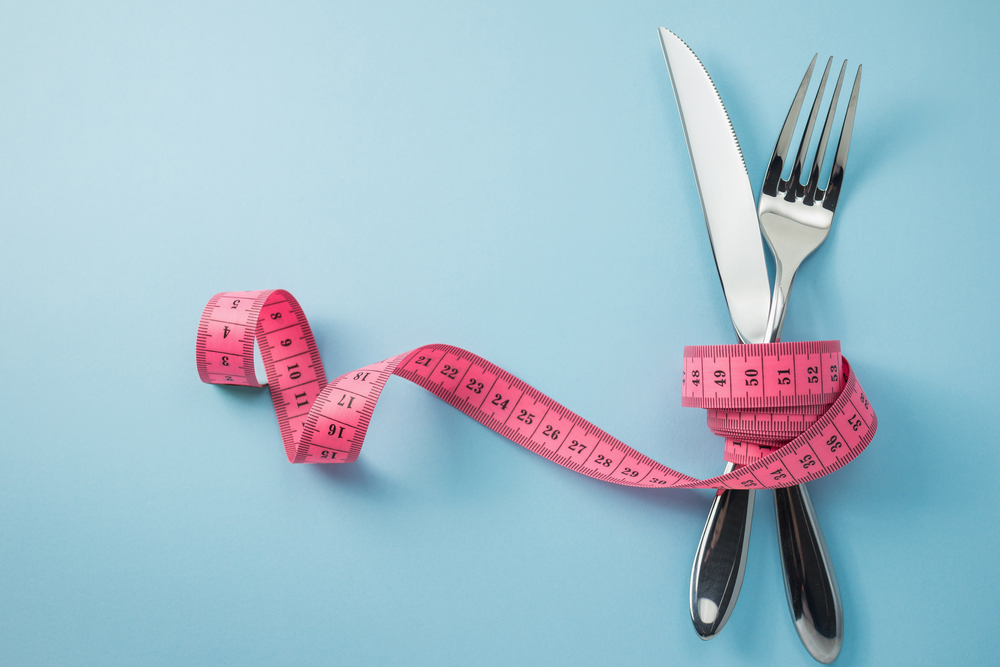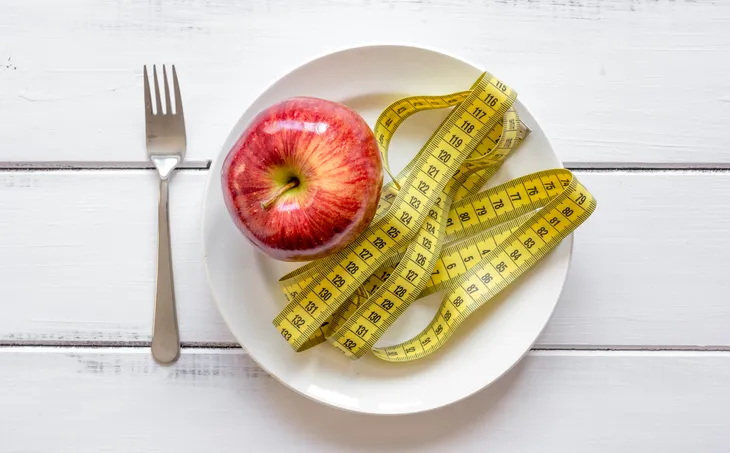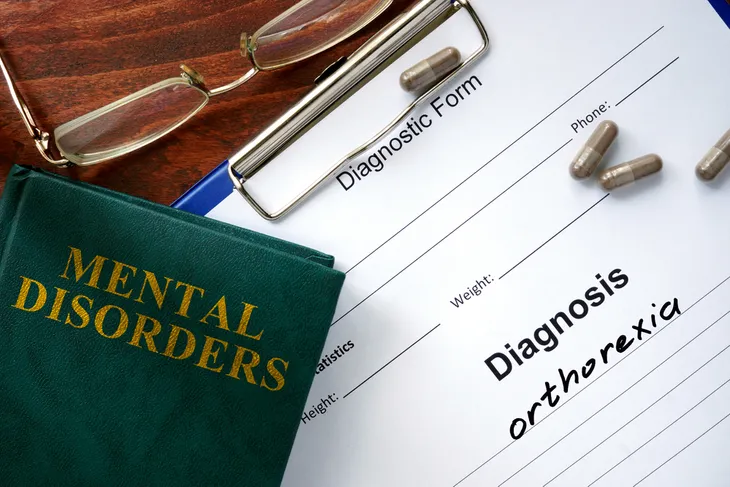Healthy eating typically starts from a place of good intentions. However, when our attempt to eat healthy has us restricting certain essential food groups (i.e., fat and carbohydrates) or religiously following a fad diet (i.e., Paleo diet or Atkins diet) our mission to eat healthy can become an obsession and an eating disorder of its own.
Introducing orthorexia nervosa—a medical term coined by Doctor Steven Bratman in 1997. Dr. Bratman now serves as the Medical Director of Employee Health at California Pacific Medical Center, in San Francisco, California, and characterizes the newest eating disorder as an unhealthy clean eating obsession…
What is Orthorexia Nervosa
The term “orthorexia” was derived from the terms “ortho,” meaning right and “anorexia,” an eating disorder characterized by extreme food restriction and the obsession with low body weight. Although orthorexia nervosa has yet to be recognized as an official condition by the Diagnostic and Statistical Manual of Mental Disorders, many medical professionals believe the time is now.
In his book, Health Food Junkies, Dr. Bratman, says that with orthorexia the obsession is not with food restriction to achieve a low body weight, but with restricting certain foods or ingredients that are deemed unhealthy, unclean, or unwholesome (i.e., animal proteins or carbohydrates).
How Does Orthorexia Develop?
While a multitude of individuals attempt a diet change to achieve better health without ever becoming orthorexic, Sondra Kronberg, spokesperson for the National Eating Disorder Association and director of the Eating Disorder Treatment Collaborative, claims that a number of personal and environmental factors can predispose certain people to the condition.
For example, an individual may begin eating cleaner by cutting refined sugar and white carbohydrates (i.e., substituting white bread for whole grain) with very good intentions. However, in individuals predisposed to addiction (or taking things to the extreme), combined with anxiety issues and with lowered self-esteem, clean eating can become obsessive, restrictive, and downright unhealthy over time.
What Other Factors Predispose Us to Orthorexic Tendencies?
In addition to the tendency to take things to the extreme, orthorexic predisposition can also be present in individuals who are extremely obsessive-compulsive or those who tend to see the world in very black and white terms.
According to research on orthorexia from the National Eating Disorder Association, low self-worth is a huge contributing factor in a culture that mistakenly equates thin with happy and successful. Thus, feeling insecure can drive individuals to diet and trigger an eating disorder.
The Moral-Righteousness Factor
Falling into the trap of orthorexia is usually fueled by the reward that comes with a deep feeling of self-control. After all, according to Doctor Edward Abramson, professor emeritus of psychology at California State University, at Chico, society at large stigmatizes the obese and largely judges them harshly for poor food choices.
Orthorexics, on the other hand, tend to develop a stance based on moral virtue, one that differentiates them (in their own view) from those with lack of willpower. Orthorexics believe that if they can exert control over their eating via a religiously restrictive diet, they are more virtuous and psychologically progressive compared to the rest of society.
Orthorexia and Health
Many of us understand the restrictive dangers to fad diets. However, Doctor Ramani Durvasula, a clinical psychologist and professor of psychology at California State University in Los Angeles, says that eating plans that focus on the avoidance of certain food groups (i.e., vegan and Paleo) can often leave us lacking in essential vitamins and nutrients that are required to fuel basic metabolic function.
As a result a domino effect of bad health can occur—including chronic inflammation, digestive issues, depression, increased anxiety and panic attacks, thyroid problems, hair loss, irregular menstruation, acne, severe weight loss, and eventual organ shutdown (i.e., kidneys).
Orthorexia Symptoms
Along with many negative health consequences, orthorexia also takes a toll on personal and social relationships. Oftentimes clean eating choices become so restrictive that the individual begins to withdraw from social invitations with friends, partners, and family.
For instance, orthorexics can develop extreme anxiety around eating in restaurants, snacking at parties, social drinking, or dates and pass on social occasions for fear of lack of food choices. The occasional food blunder can prompt severe and destructive feelings of self-loathing that only antagonize the condition.
Help and Treatment for Orthorexia
Dr. Durvasula assures that even though orthorexia is not yet an officially recognized condition, the psychological and registered dietician community at large is aware how the quest to eat clean can become all-consuming. Help is available through eating disorder therapists and psychologists who can help you re-establish a healthy, balanced relationship with food while letting go of rigid adherence to an eating regimen. While a registered dietician or nutritionist can help you establish a personalized, balanced eating plan that will work for your body and goals.
Dr. Durvasula says, “Healthy eating is about relationships and balance…fresh fruits and vegetables, less sugar, multigrain instead of white breads, lean proteins, more water, less sodas, being mindful, and an occasional cup of ice cream or burger is just fine.” You can also find more information about orthorexia via the National Eating Disorder website.










